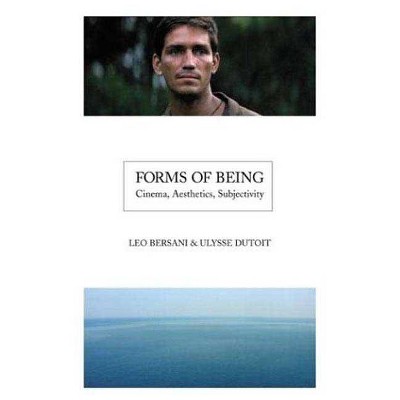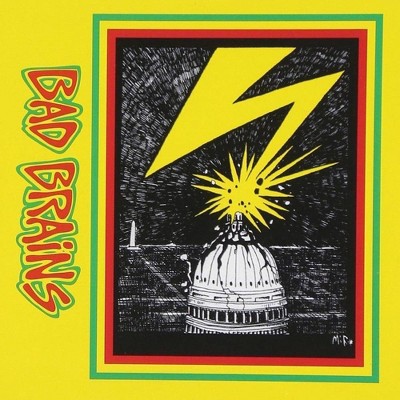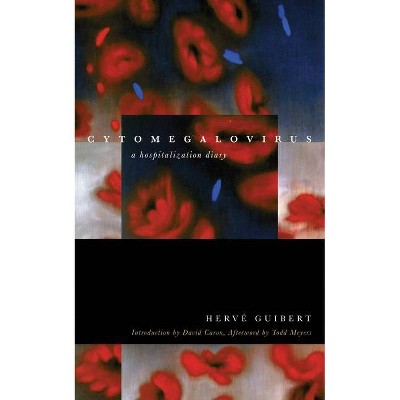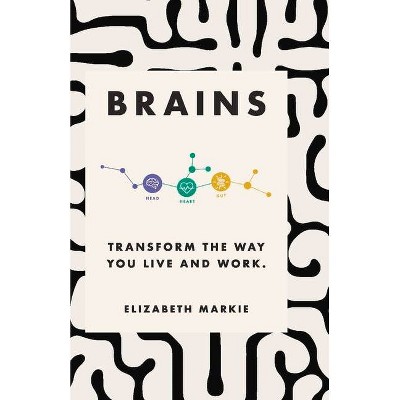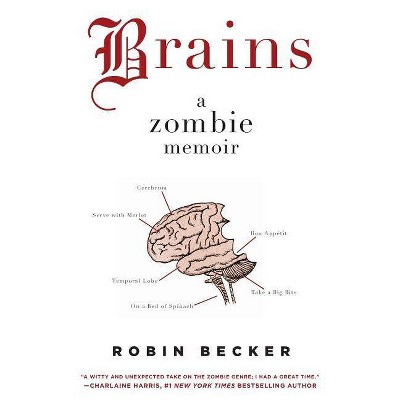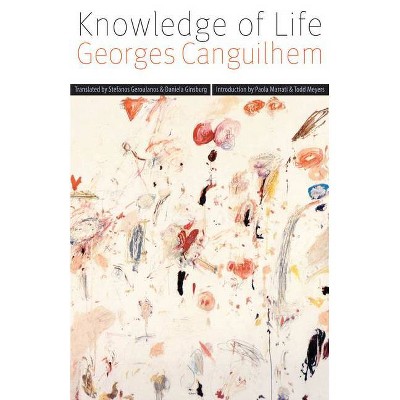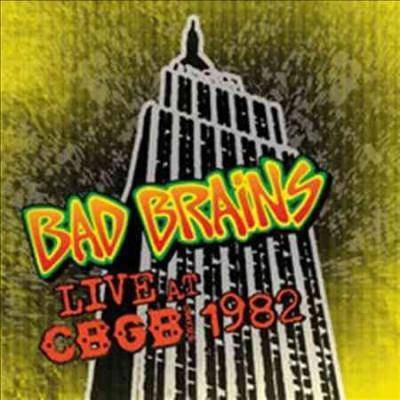Being Brains - (Forms of Living) by Fernando Vidal & Francisco Ortega (Paperback)
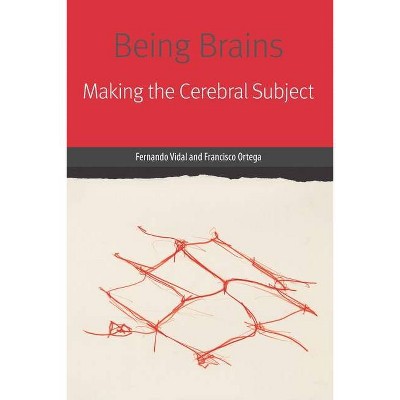
Similar Products
Products of same category from the store
AllProduct info
<p/><br></br><p><b> About the Book </b></p></br></br>Sketches the history of the belief that human beings are essentially their brains, and documents and critically discusses its contemporary forms across a range of contexts, including mental health, the human sciences, and literature and film.<p/><br></br><p><b> Book Synopsis </b></p></br></br><i>Being Brains </i>offers a critical exploration of neurocentrism, the belief that "we are our brains," which became widespread in the 1990s. Encouraged by advances in neuroimaging, the humanities and social sciences have taken a "neural turn," in the form of neuro-subspecialties in fields such as anthropology, aesthetics, education, history, law, sociology, and theology. Dubious but successful commercial enterprises such as "neuromarketing" and "neurobics" have emerged to take advantage of the heightened sensitivity to all things neuro. While neither hegemonic nor monolithic, the neurocentric view embodies a powerful ideology that is at the heart of some of today's most important philosophical, ethical, scientific, and political debates. Being Brains, chosen as 2018 Outstanding Book in the History of the Neurosciences by the International Society for the History of the Neurosciences, examines the internal logic of such ideology, its genealogy, and its main contemporary incarnations.<p/><br></br><p><b> Review Quotes </b></p></br></br><br>[T]his is an interesting, informative, and provocative book that convincingly illustrates how widespread the view that we are essentially our brain is, and that also provides a multi-faceted critique of this view and its implications.-- "History and Philosophy of the Life Sciences"<br><br><i>Being Brains</i> offers a terrifically thoughtful and thorough examination of the 'neuro-' turn in various disciplines. On the basis of solid research and subtle analysis, Vidal and Ortega give readers conceptual and critical tools to make sense of widespread claims that studying the 'neural correlates' of various activities--art and religion, for instance-- will transform or even replace other ways of making sense of what humans do. The book will be a major touchstone in cross-disciplinary discussions about the implications of our contemporary fascination with brains.<b>---John Tresch, University of Pennsylvania, <i></i></b><br><br>"In <i>Being Brains: Making the Cerebral Subject</i>, Fernando Vidal and Francisco Ortega argue that the ideology of 'brainhood, ' meaning the idea that we are, in essence, our brains, predates the sophisticated research methods or precise knowledge of brain structures that characterize contemporary neuroscience. Indeed, contemporary brain science implicitly draws on a modernist concept of the brain as author of the individual and ruler of the body as justification for continued investment in research programs and equipment. That these efforts proceed in the absence of results that provide other than correlational evidence of relations between what happens in the brain and what people feel, think, and do, will never serve as an argument for redirecting scientific attention from brains. This is because the claim that brains rule bodies is a central organizing belief, not a research finding."<b>---Chloe Silverman, author of Understanding Autism: Parents, Doctors, and the History of a Disorder, <i></i></b><br><br>Are we our brains? Have we become 'cerebral subjects, ' our identities located in nothing more, nor less, than the gray matter in our heads? [The book] masterfully charts the contours of a phenomenon that is at once highly visible . . . and, as an object of study, slippery and elusive in part because it's so deeply imbricated into the fabric of our everyday lives. <i>Being Brains</i> is a model of how to do intellectual history, argued carefully, precisely, and close to the evidence while at the same time making bold claims that decisively upend conventional understandings of relations between science and the contexts in which it is practiced. I especially appreciated [the authors'] alertness to everyday ontologies and to the ways in which individuals seamlessly weave together different understandings of mind, brain, and self--drawn from a range of scientific and popular sites--in fashioning their identities; it's a rare account as sophisticated as theirs on this issue. . . . A model of engaged scholarship--and a pleasure to read.<b>---Elzabeth Lunbeck, Harvard University, <i></i></b><br><p/><br></br><p><b> About the Author </b></p></br></br><b>Fernando Vidal (Author) </b><br> Fernando Vidal is Research Professor of ICREA (Catalan Institution for Research and Advanced Studies) at the Medical Anthropology Research Center, Rovira i Virgili University, Tarragona, Spain. <p/><b>Francisco Ortega (Author) </b><br> Francisco Ortega is Professor at the Institute for Social Medicine and Research Coordinator of the Rio Center for Global Health at the State University of Rio de Janeiro, Brazil. He is also Visiting Professor at the Department of Global Health and Social Medicine at King's College, London. <p/>
Price History
Price Archive shows prices from various stores, lets you see history and find the cheapest. There is no actual sale on the website. For all support, inquiry and suggestion messagescommunication@pricearchive.us
